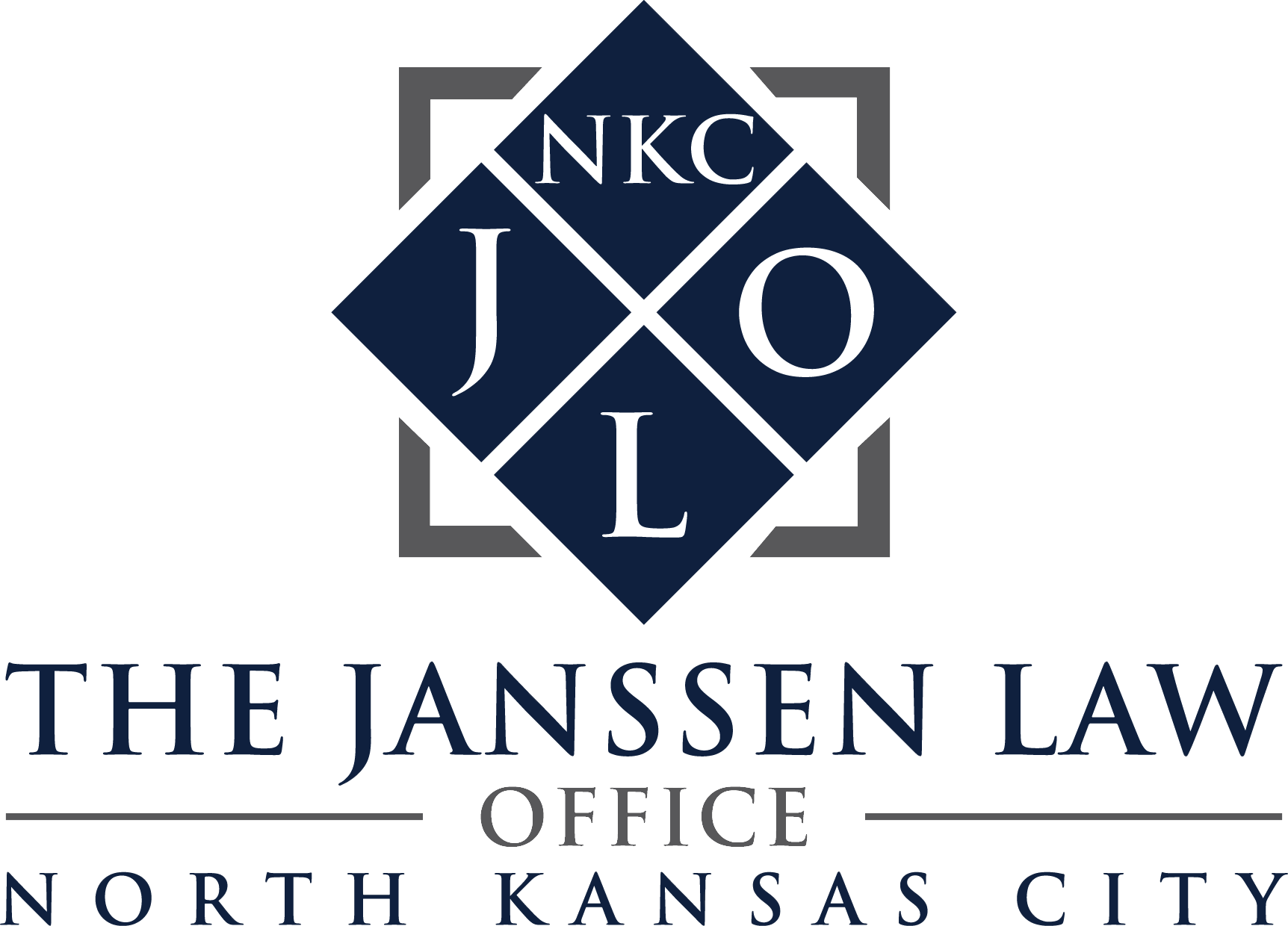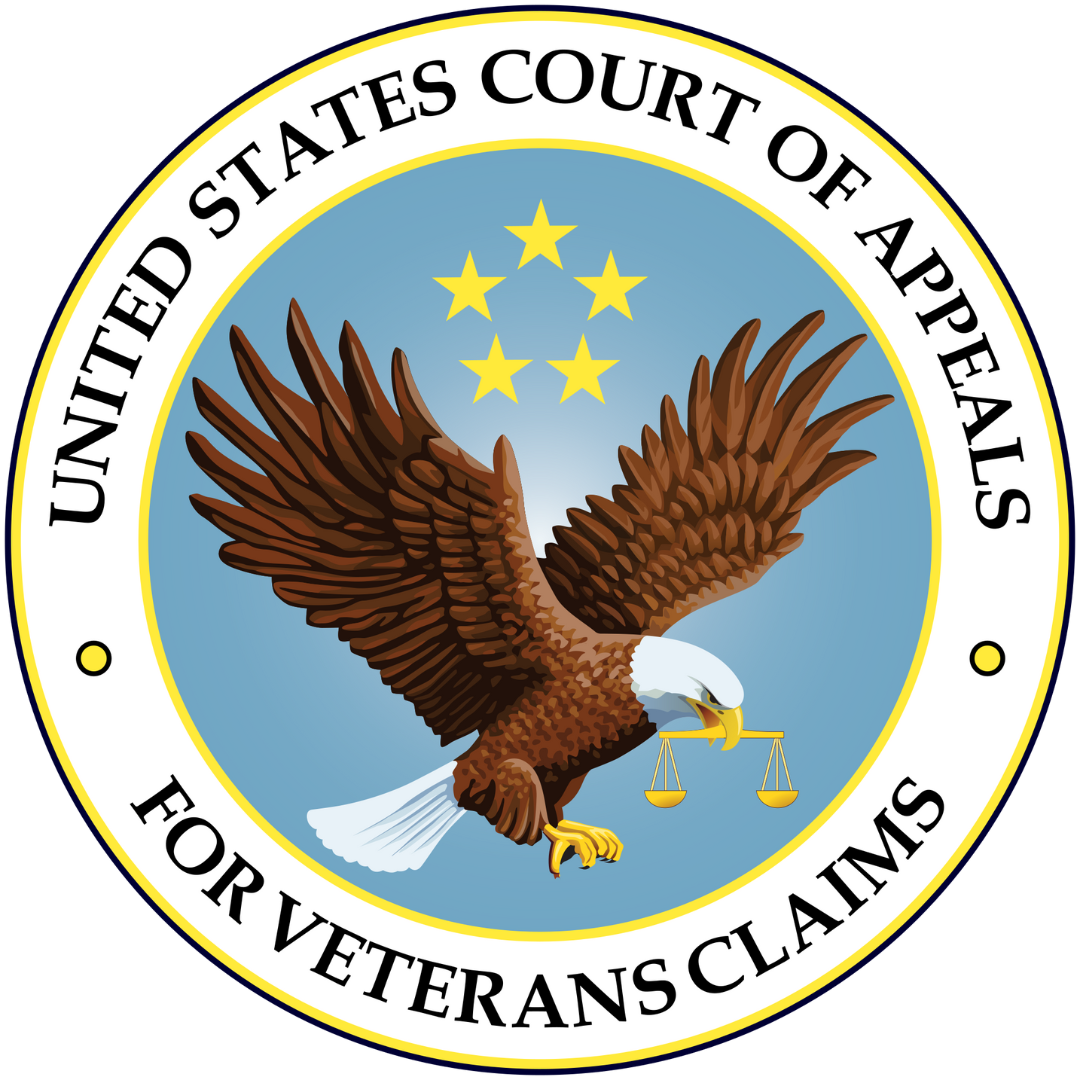Probation Violations
Kansas City Probation Violation Attorney
Despite your best intentions, many things can get in the way of your successful completion of probation. Maybe you weren’t able to pay your supervision fees. Maybe you couldn’t afford to miss work in order to perform your community service. Maybe you missed a check-in date. Or maybe you find yourself charged with a new offense. Any of these possibilities could lead to the judge revoking your probation and imposing a sentence, including time in jail.
If you’re facing the possibility of revocation, there are things you can do to protect your freedom—but you’ll need an advocate and a plan. Contact us to discuss your case for free. We can help you evaluate your options and develop a strategy to get back on track.
Types of Probation
Once a defendant has been found guilty, the judge, or in some cases the jury, may choose to grant the defendant a period of probation rather than sentence him or her to jail or prison. There are generally two types of probation in Missouri: Suspended execution of sentence probation, referred to as “SES probation,” and suspended imposition of sentence probation, referred to as “SIS probation.”
SES probation is what people, especially people unfamiliar with Missouri criminal law, usually think of when they think about probation—the defendant is sentenced but given a chance to avoid serving the sentence by complying with terms of probation imposed by the judge. Because a defendant granted SES probation has been sentenced, a person given SES probation is legally convicted of the offense.
SIS probation is a more favorable alternative to incarceration. A person granted SIS probation has been given probation rather than a sentence
and is therefore not convicted of the offense. Although SIS probation requires a finding of guilt and may therefore have ramifications, the legal distinction between a being convicted and not being convicted is legally meaningful and important.
RSMo. 559.016 establishes the minimum and maximum terms for a term of probation based on the type of offense, as listed below:
- A term of years not less than one year and not to exceed five years for a felony. However, many offenses involving controlled a controlled substance and most D and E felony offenses qualify for earned compliance credits pursuant to RSMo. 217.703, which effectively shortens a term of probation to half, as long as the probationer remains in compliance with the conditions of probation;
- A term not less than six months and not to exceed two years for a misdemeanor;
- A term not less than six months and not to exceed one year for an infraction.
The court has discretion to determine the length of a term of probation within these limits, and prosecutors will often make recommendations regarding the duration of probation as part of plea negotiations. The court also has the authority to release a defendant from probation early. Municipal ordinance violations are generally subject to the same minimum and maximum probation terms as misdemeanors.and is therefore not convicted of the offense. Although SIS probation requires a finding of guilt and may therefore have ramifications, the legal distinction between a being convicted and not being convicted is legally meaningful and important.
RSMo. 559.016 establishes the minimum and maximum terms for a term of probation based on the type of offense, as listed below:
- A term of years not less than one year and not to exceed five years for a felony. However, many offenses involving controlled a controlled substance and most D and E felony offenses qualify for earned compliance credits pursuant to RSMo. 217.703, which effectively shortens a term of probation to half, as long as the probationer remains in compliance with the conditions of probation;
- A term not less than six months and not to exceed two years for a misdemeanor;
- A term not less than six months and not to exceed one year for an infraction.
The court has discretion to determine the length of a term of probation within these limits, and prosecutors will often make recommendations regarding the duration of probation as part of plea negotiations. The court also has the authority to release a defendant from probation early. Municipal ordinance violations are generally subject to the same minimum and maximum probation terms as misdemeanors.
Probation Conditions
Courts have broad authority to impose conditions on defendants serving probation. They are listed in RSMo. 559.021 and summarized below.
- Restitution paid to the victim, or funds established by law for victim compensation;
- Community Service;
- Completion of programs of treatment for drugs, alcohol, anger management, etc. Certain offenses have mandatory treatment requirements. For example, a person granted probation for a DWI must be required to complete a Substance Abuse Traffic Offenders Program;
- GPS or other forms of electronic monitoring;
- Random drug or alcohol testing;
- Staying away from people or locations related to the offense;
- Compliance with directives imposed by a probation officer;
- General terms of probation, including obeying all laws, not associating with felons or other people on probation, and paying all applicable court costs and fines on time also apply.
Probation Violations
Failing to comply with any condition of probation can result in the court or prosecutor moving for termination of a defendant’s probation.
RSMo. 559.036 requires a probationer to be given notice of a pending violation and the opportunity to present a defense before his or her probation is revoked. Probation can be revoked any time during the term of probation or after the probation expires as long as the alleged probation violation occurred during the term of probation and the court properly suspended the probation before it expired.
There are a number of options available to the judge if he or she determines that a person has violated a probation condition, ranging from taking no action at all or imposing an additional probation condition to revoking the probation and imposing or executing a sentence. Judges also have the option of extending a period of probation for one year.
As with pending criminal cases, a skilled criminal defense attorney is often able to negotiate a resolution to the probation violation that does not result in jail time or even revocation of probation. It is often possible to remedy the alleged violation in order to restore compliance with the conditions of probation. If you’ve been notified of a pending probation violation, the best thing you can do is enlist the help of an aggressive criminal defense attorney in order to begin preparing your defense as soon as possible.
Contact The Janssen Law Office LLC today to schedule a free consultation with an attorney about your injury or accident case. Call for your free consultation today at 816-287-0172.
This page is a work in progress and presents an incomplete discussion of Missouri law. Please use the contact form below to schedule a consultation or call us at 816-287-0172.






